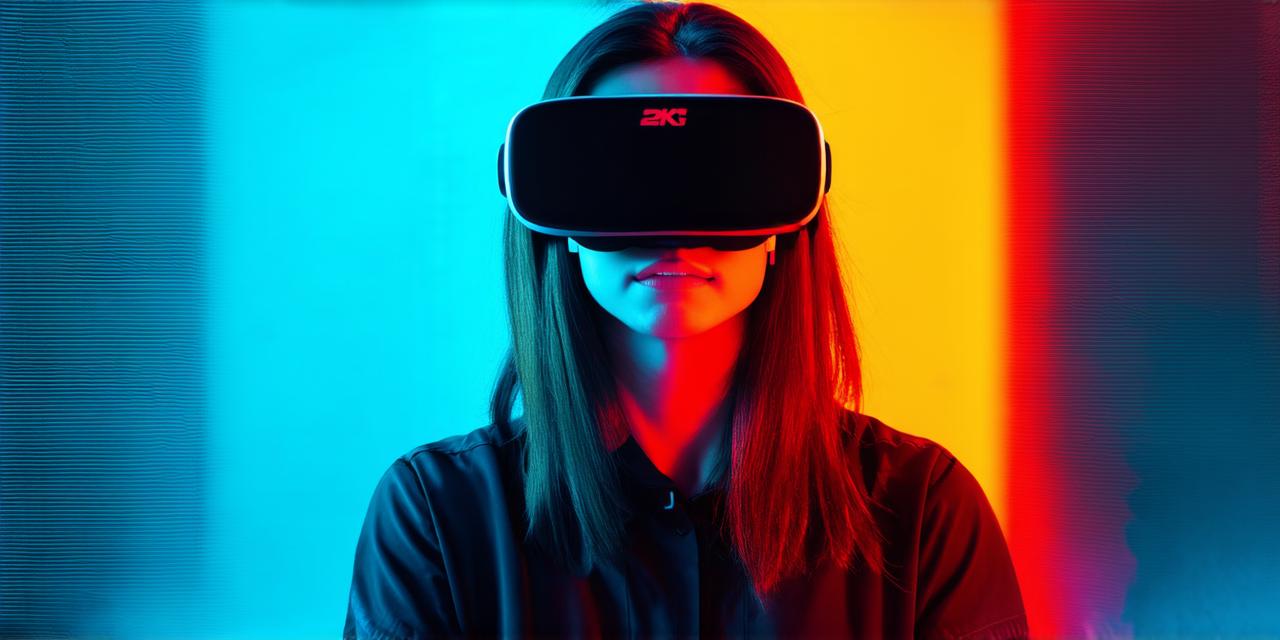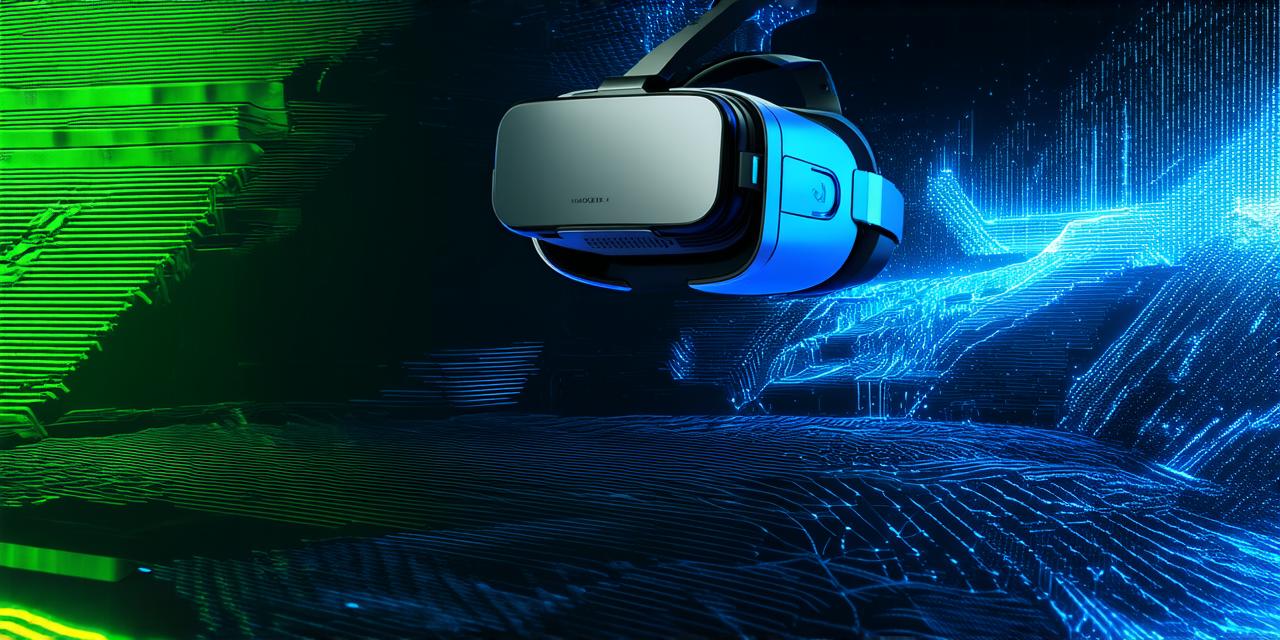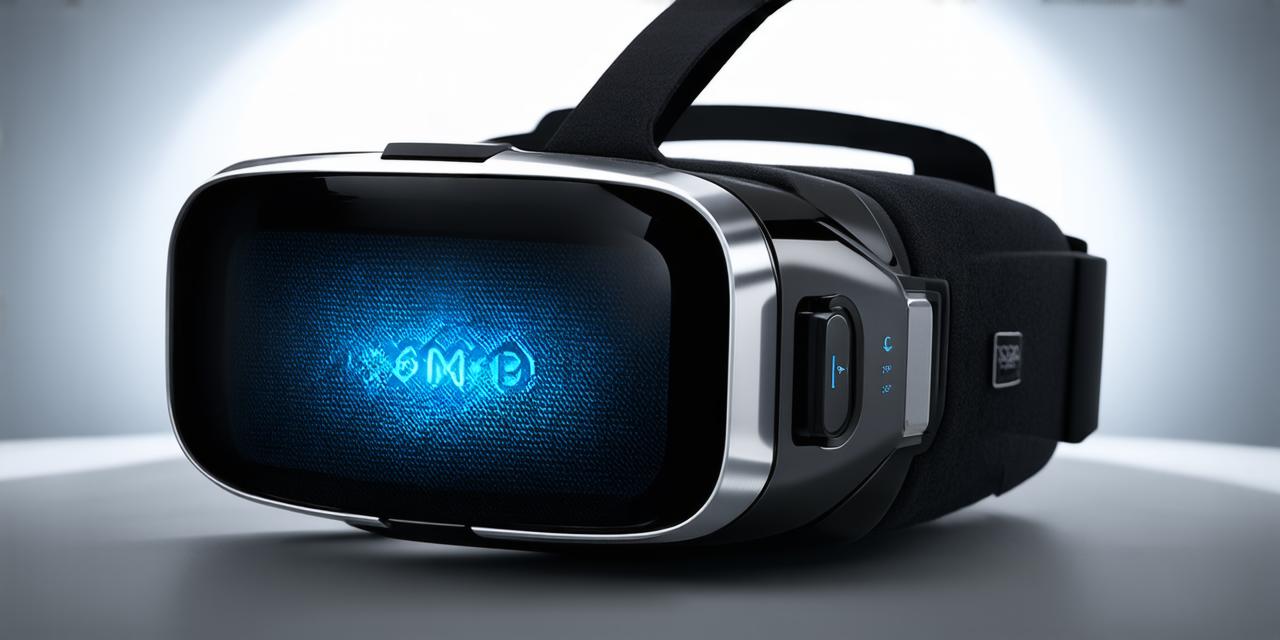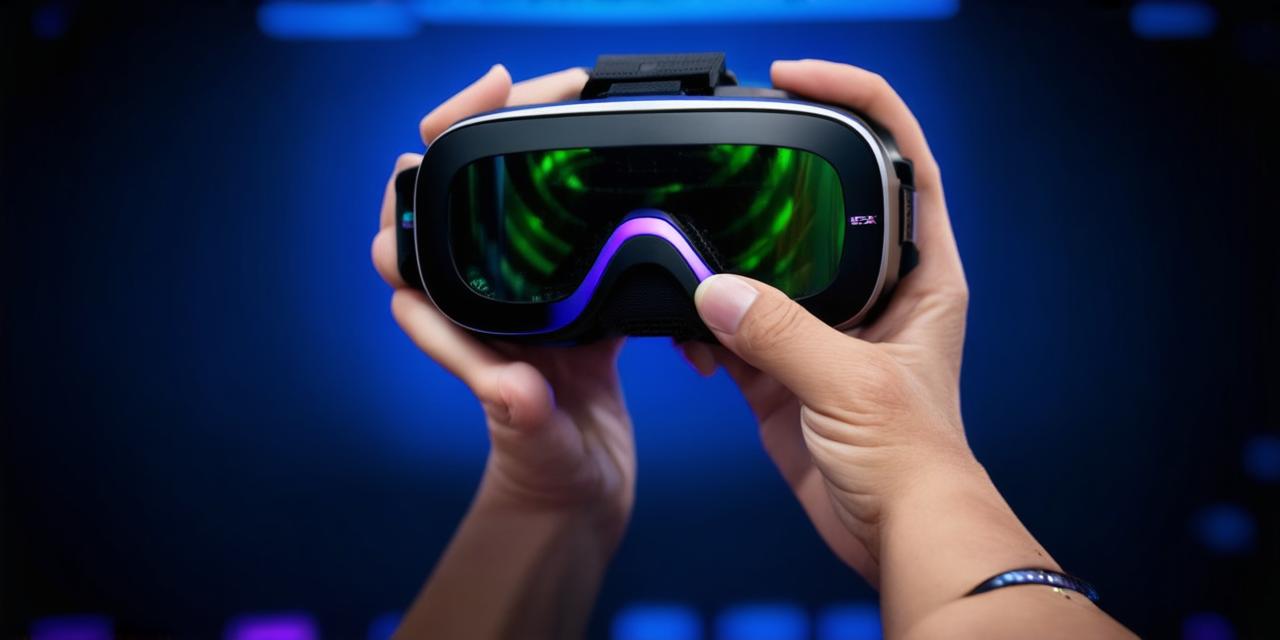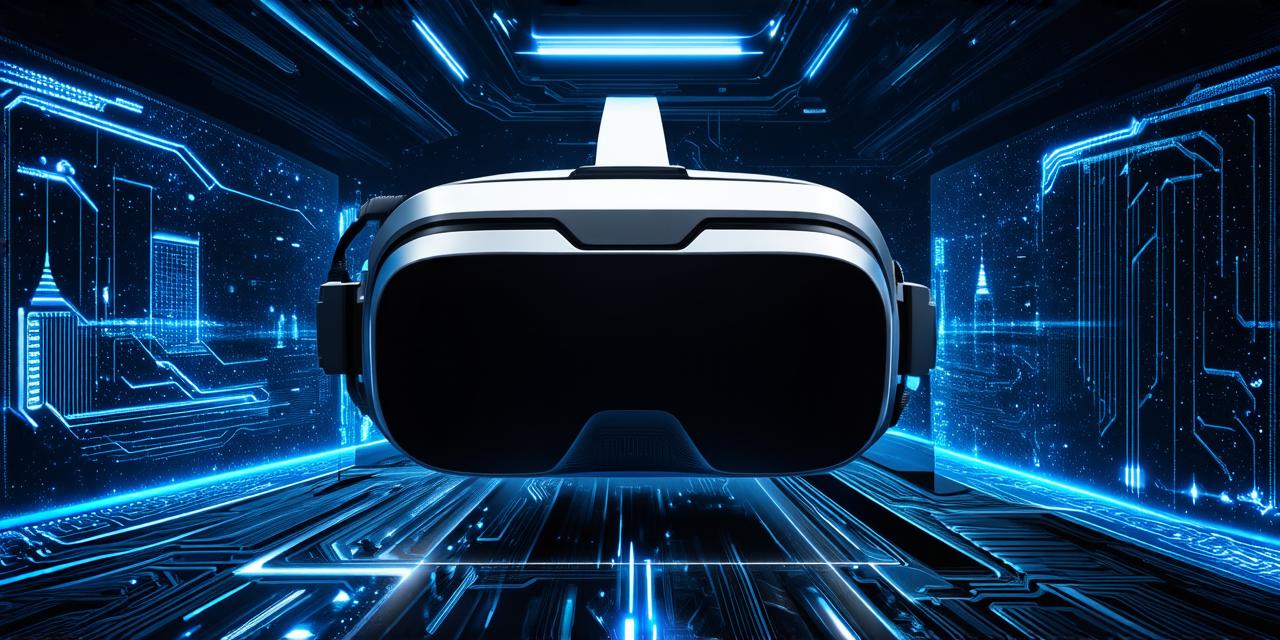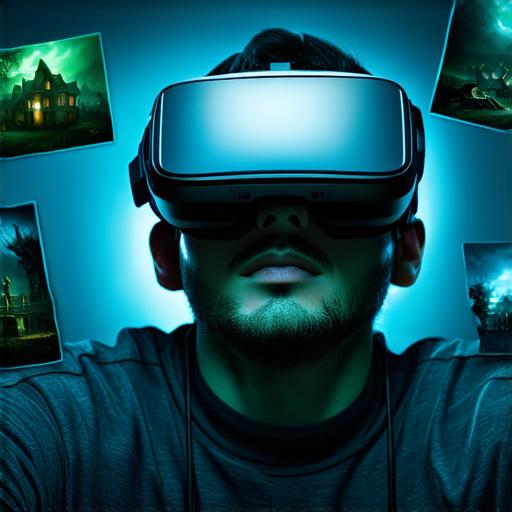
Case Study: Overcoming PTSD with VR Therapy
One of the most compelling examples of the power of VR therapy to help people face challenging memories comes from a study conducted by researchers at the University of California, Los Angeles (UCLA). The study involved veterans who had been diagnosed with PTSD and were struggling to cope with the traumatic memories associated with their military service.
The researchers used VR technology to create highly realistic simulations of combat situations that the veterans had experienced during their time in the military. The goal of the therapy was to expose the veterans to these memories in a controlled environment, allowing them to process and overcome the trauma associated with them.
The results were striking. After participating in the VR therapy sessions, the veterans showed significant improvements in their symptoms of PTSD, including reduced anxiety, depression, and nightmares. In addition, many of the veterans reported that they had gained a new perspective on their experiences and were better able to cope with the memories that had been troubling them.
Personal Experience: Conquering Fear of Public Speaking with VR Therapy
As an AR developer, I have seen firsthand how VR therapy can help individuals confront challenging memories. One example that comes to mind is a client who was struggling with a fear of public speaking.
We decided to try VR therapy to see if it could help her overcome this fear. We created a virtual environment that mimicked the setting of a conference room, complete with a podium and a virtual audience. Using VR headsets, my client was able to practice giving a presentation in this simulated environment, receiving feedback from the virtual audience as she went.
Over time, my client became more confident in her ability to speak in front of others. She learned how to regulate her breathing and body language, and how to tailor her message to different audiences. With each session, she felt more comfortable and in control of her fear.
The Science Behind VR Therapy for Memory Processing
The benefits of VR therapy for memory processing are supported by a growing body of research. One study published in the Journal of Nervous and Mental Disease found that exposure to traumatic memories through VR therapy led to significant reductions in symptoms of PTSD, as well as improvements in emotional regulation and cognitive functioning.
Another study published in the Journal of Affective Disorders found that VR exposure to trauma-related memories was associated with changes in the brain’s reward processing system. This suggests that VR therapy may be effective in helping individuals process and integrate difficult memories, leading to improved emotional well-being.
Real-Life Examples: Overcoming Trauma through Virtual Exposure Therapy
Virtual exposure therapy (VET) is a type of VR therapy that involves exposing individuals to virtual simulations of traumatic events in order to help them process and overcome the trauma associated with those events. This approach has been shown to be effective in treating a range of mental health conditions, including PTSD, phobias, and anxiety disorders.
One real-life example of VET in action is the use of VR therapy to treat fear of heights. In this therapy, individuals are exposed to virtual simulations of heights, gradually working their way up to more challenging heights as they become more comfortable with the experience.
